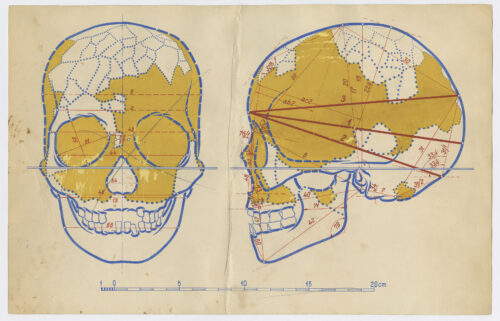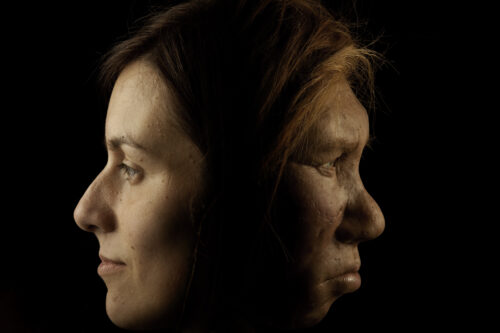Simplicity Is Essentially a State of Mind

This article contributes to the debate, “Why We Yearn for the Simple Life“
Simplicity is an elastic term that can mean just about anything. Consider Andrew Carnegie, the steel magnate and robber baron who by the early 20th century was the richest man in the world. In retirement, Carnegie dedicated himself to philanthropy while living what he described as a simple life—much of which he spent in his Scottish castle surrounded by 32,000 acres. While his castle was a far cry from today’s tiny house movement, Carnegie genuinely thought he was practicing a simple life of salmon fishing, golf, and sailing.
Everything is relative, especially simplicity—there is no guidebook or checklist to follow. Throughout American history, various groups have had quite different views about how and why one should embrace a simpler life. In the late 18th century, America’s founders called for citizens to curb their selfish passions in order to sustain the world’s largest republic. (There was considerable irony in this, as Thomas Jefferson’s simple life, for example, was enabled by a battalion of enslaved workers.) During the 19th century, promoters of a simpler life rhapsodized more about living in harmony with nature than about following religious mandates or the protocols of civic virtue. Quakers and the Amish, among others, profess pietistic simplicity to ensure that their lives revolve around their faith, not their goods. Other advocates of simplicity over the years have displayed a similar range of motives and methods, ironies and hypocrisies.
The elusive ideal of simple living exercises a persistent appeal because people, even in this techno-crazy 21st century, continue to want more from life than going ever faster and buying more things. For all of its virtues, however, simplicity remains a devilishly hard way of life because it flies in the face of modern materialism. Like David battling Goliath, those who seek simplicity war against a dominant consumer culture that barrages us daily with seductive wares and beguiling promises.
Fortunately, simplicity demands neither an end to economic growth nor a vow of personal poverty. A simpler life’s basic requirement is not a rural homestead or a monastic regimen, for simplicity is fundamentally a state of mind rather than a particular standard of living. Money, possessions, and activities in and of themselves do not corrupt simplicity; it is the love of money, the addiction to possessions, and the lure of conformity that corrode our ideals. Consumer goods are like food; everyone needs some, but there’s a subtle tipping point in our devotion beyond which consumerism can degrade our pursuit of happiness.
Committing to simplicity means engaging in a deliberate, daily ordering of priorities so as to distinguish between what is necessary and superfluous, useful and wasteful, beautiful and vulgar. Simplicity-minded consumers interrogate their motives for wanting something new, better, or bigger, and they learn to say no to indulgence—with grace.
Those who are eager to move out of the fast lane must chart their own path to simplicity because each of us starts from a different place. Those who choose a simpler life—even Carnegie—discover that pressures are reduced, the frenetic pace is slowed, and “higher” priorities are established and sustained. Liberating oneself from the addiction of money-making and the anxieties of status-seeking can promote inner peace and prosperity of spirit. The more we simplify, the more abundant our lives become in those areas that really matter: family, community, personhood, and spirituality.

































